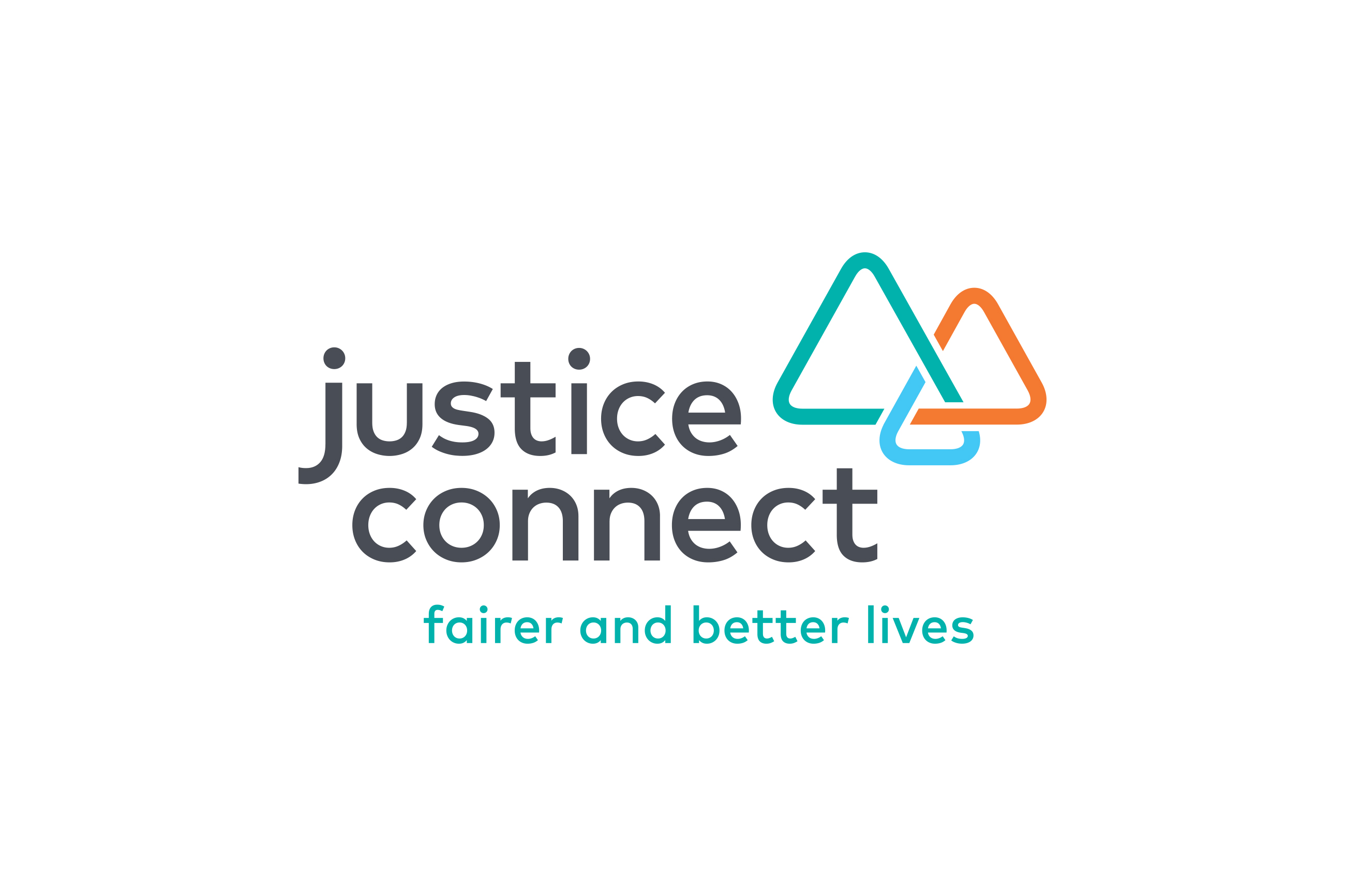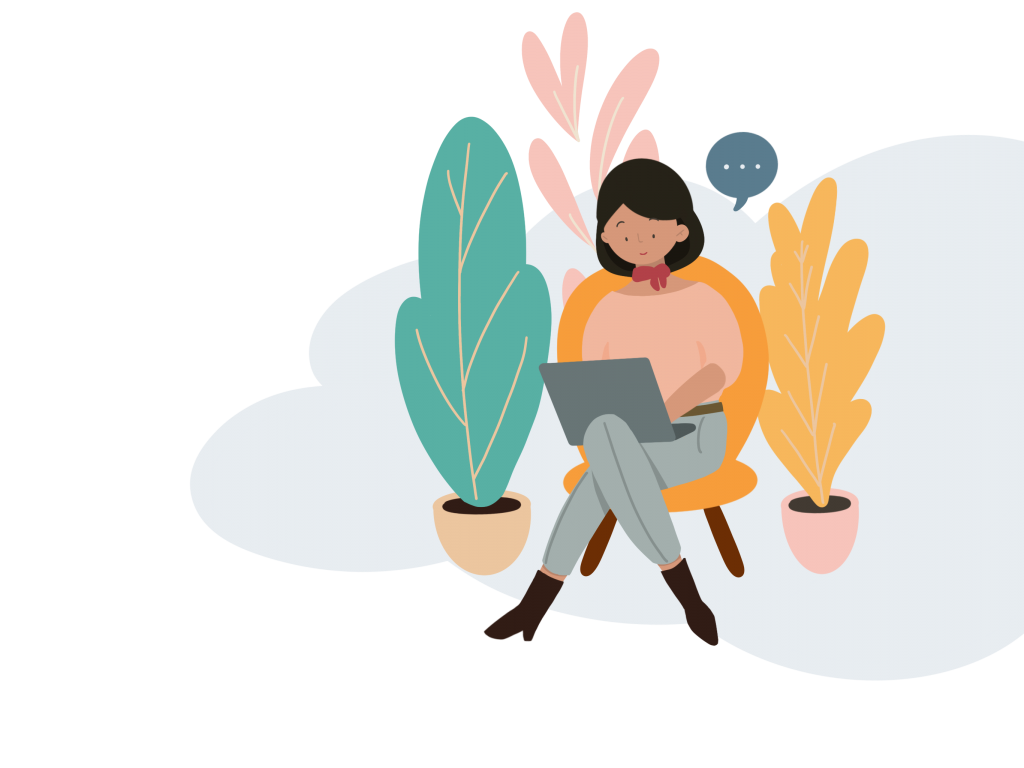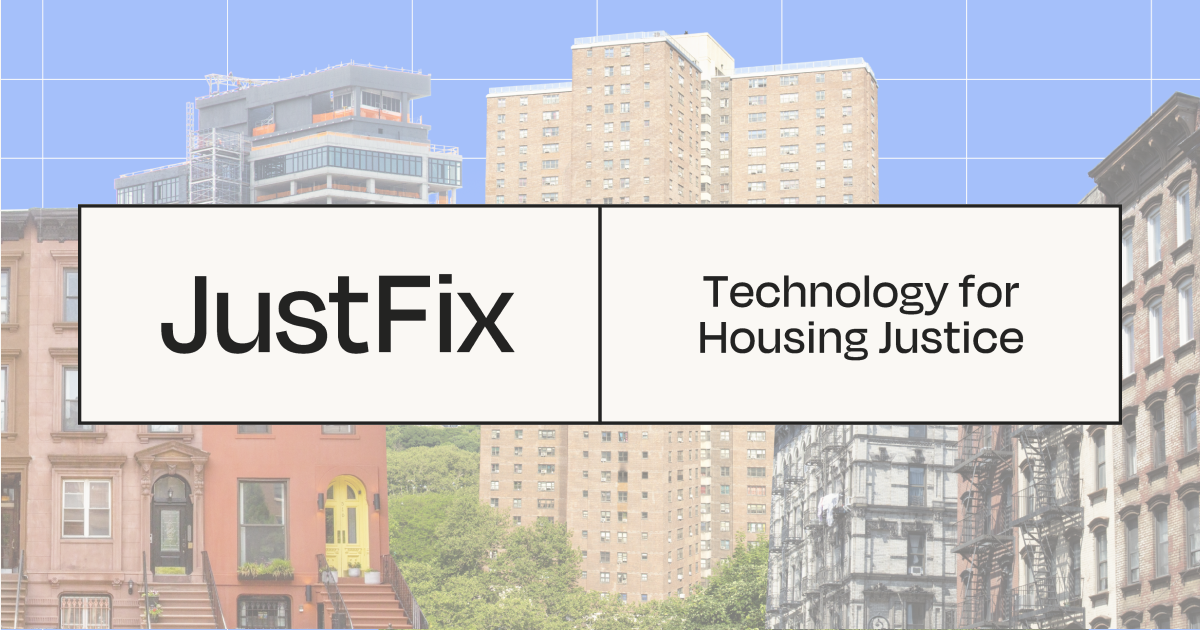3 Australian Initiatives Using Technology to Improve Access to Justice
Posted on May 9, 2023

There is a growing conversation within the legal profession about how technology can help people access justice. Legal assistance is often seen as too costly for many Australians, and a lack of adequate funding for legal assistance providers across Australia is only exacerbating the problem. All of this means that demand from the community for technology-enabled assistance with legal issues will increase in the coming years. But rather than posing a threat to lawyers’ jobs, this type of technology aims to use scarce resources more efficiently.
The theme for Law Week this year is “Justice, Inclusion, Community”. Now is the ideal time to take a closer look at how technology is becoming increasingly inclusive to improve access to justice for the broader community in Australia, as well as ideas being implemented overseas. These innovative technological solutions approach the problem of access to justice from different angles; some aim to empower people with legal information and tools to navigate the legal process, while others focus on providing legal services to support the community. All of them have something unique to contribute to the conversation about how we can use technology to improve access to justice.
3 Australian organisations using technology to close the gap
Justice Connect


Regular content
Connecting individuals and community organisations with pro bono legal assistance using technology to match individuals in need with volunteer lawyers.
Justice Connect is an Australian non-profit organisation that provides free legal information and assistance through its online platform. The service connects individuals and community services with pro bono lawyers across Australia who provide legal advice and support on a wide range of legal issues, removing geographical and financial barriers to legal assistance. Justice Connect utilises technology to provide legal services and self-help resources to empower individuals.
The Gateway Project is a suite of products created and designed by Justice Connect to make the process of matching people with lawyers quicker and easier. The products, consisting of an intake tool, referral tool and a pro bono portal, help individuals and community service workers submit their legal inquiries through Justice Connect and connect with a well-matched volunteer lawyer. The project, which received $250,000 in seed funding from Google.org in 2017, helps to streamline the systemisation of cases. The pro-bono portal assists the 10,000 lawyers volunteering with Justice Connect to effectively connect them with unmet legal needs.
Justice Connect is a great example of how the community of pro bono lawyers are using their skills and expertise to assist people in need of legal services. The technology Justice Connect uses goes even further to make justice increasingly accessible and inclusive.
Anika Legal


Regular content
Providing free legal assistance through practical legal education and trusted partnerships.Connecting individuals and community organisations with pro bono legal assistance using technology to match individuals in need with volunteer lawyers.
Anika Legal is an online legal service that is transforming how Victorian renters gain access to justice. The free service supports those who cannot afford a lawyer but are not eligible for legal aid, assisting vulnerable renters to advocate for their rights. So far, Anika Legal has aided 643 renters to stay in secure homes.
Anika Legal’s service model is an internship program funded by universities for law students seeking practical experience. Law students assist clients who contact Anika by drafting legal advice which is reviewed by their supervising lawyers. This innovative service model has shown that it is possible to deliver high-quality legal services in a more efficient manner, making legal advice more accessible to a larger number of people while utilising fewer lawyers.
This service is inclusive for both clients and law students, especially for students who in the past have found opportunities for practical experience difficult to acquire. Anika Legal allows students to speak to clients, negotiate with landlords and draft advice, and feel responsible for the case and outcome. In the words of co-creator Noel Lim:
“You can only develop those specific skills when you’re taking real cases, when you’re speaking to real people.”
Anika Legal is a great example of the mutual benefit received from working together to create accessible justice. It will be interesting to see if Anika Legal will expand their service into other states in Australia.
AskLOIS


Regular content
Providing online training and resources to assist community support workers.
Ask LOIS is an online resource that provides NSW community and service workers supporting women experiencing domestic violence with free legal information and assistance. The resource was created by the NSW Women’s Legal Service in 2012 and is primarily targeted at regional and rural support workers who may not have access to legal resources, training, support and advice. Workers can also directly contact a solicitor from the Women’s Legal Service NSW for direct legal information and advice.
Ask LOIS has increased the accessibility of legal resources including providing monthly online webinars presented by experts and solicitors and a resource library. The webinars and resources cover a diverse range of topics relating to domestic violence including child protection, family law and victim support.
It is encouraging to see important free resources being utilised by almost 3000 people in communities across NSW.
What’s happening overseas?
JustFix.nyc


Regular content
Improving people’s living conditions by helping them resolve tenancy disputes.
JustFix.nyc is a free platform assisting tenants to effectively handle their neglectful landlords; that is, those who refuse to undertake reasonable repairs, harass tenants for higher rents, or try to initiate illegal evictions. The app provides tenants with the tools to collect evidence about their building and landlord, request repairs and access their rent history to streamline the legal process. JustFix.nyc also provides important legal information to help tenants know their rights in certain situations.
The idea of JustFix.nyc grew from the cofounders sitting in housing court and observing tenants attempt to articulate their problems to the judge. The creator’s diverse backgrounds in design, development and management helped the idea blossom. The app’s creators may not be lawyers, but they understood that tenants are at a severe disadvantage and need support, with 90% of tenants lacking legal representation compared to the 90% of landlords with legal representation in New York City.
Co-creator Georges Clement shadowed a building super and worked with a tenant attorney to fully grasp the housing ecosystem of NYC and learn important legal processes for tenants in inadequate housing to settle issues. The outcome of these experiences aided in delivering an innovative app that helps tenants develop their personal story and problems digitally into evidence to gain some leverage against negligent landlords. Legal, community and government organisations have now adopted JustFix.nyc as an element of their tenant advocacy practice.
JustFix.nyc has now expanded with tools helping tenants in Los Angeles. It will be fascinating to see the impact this type of technology could have in Australia.
RightsNow


Regular content
Offering real time access to legal information using voice-recognition technology.
RightsNOW is an app that aims to provide access to legal information in real-time using voice recognition technology. The pilot version of the app focused on answering basic questions for people interacting with the police (e.g. “can I film the police at a public protest?”). Now the creators are adding support for lawyers, with answers to basic legal questions (e.g. “how many directors does a Delaware corporation require?”).
Although the full version of the app is still being developed, the pilot version has already attracted much attention, culminating with a win at the Global Legal Hackathon in New York in April 2018. This is likely driven by the growing use of voice recognition technology in the United States. In 2022, 35% of the United States population owned a smart speaker and 50% of consumers conducted voice searches daily.
Portable voice recognition technology has come so far since Apple launched Siri in 2011. Not only has the accuracy improved; but people’s attitudes towards technology are also shifting. In January 2018, Google reported that 41% of people who owned a voice-activated speaker say it feels like talking to a friend or another person. This may mean there is scope for voice-activated technology to play a role in supporting the work of lawyers in future.
It will be interesting to see how this emerging technology develops, and whether it will prove to be an effective tool for educating people about the law.
Where to next?
While technology initiatives will continue to have a positive impact in improving access to justice for the broader community, only significant additional funding for the community legal sector can help to address this issue long term. The reality is that technology cannot replace many of the critical roles lawyers perform – building trust with clients through empathy, applying specialist knowledge to complex situations, and developing bespoke solutions for clients. Instead, technology aims to complement and support the work lawyers are already doing, and increase access to justice for those that need it most.
Interactive section hedline
- Interactive link. If interactive links, make sure only to use the URL key (for example, for https://lawcpd.com.au/legal-cpd use /legal-cpd)
INTERESTED IN LEGAL INNOVATION?
Learn how to cut through the hype surrounding legal innovation and legal technology to focus on what really works for your firm and your clients with Mitch Kowalski's course "Lawyers, Technology and Innovation"
Learn more




